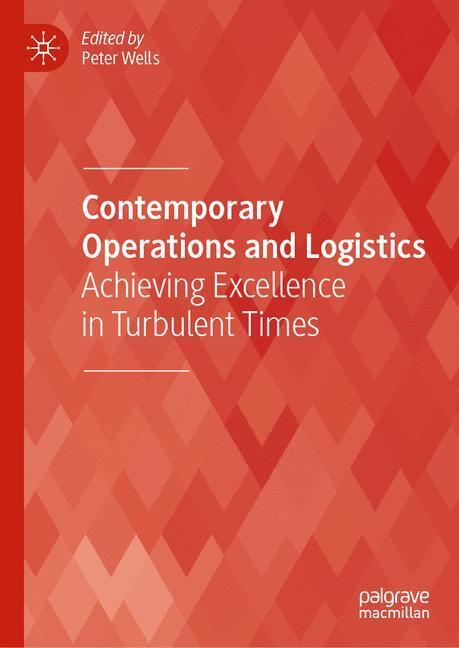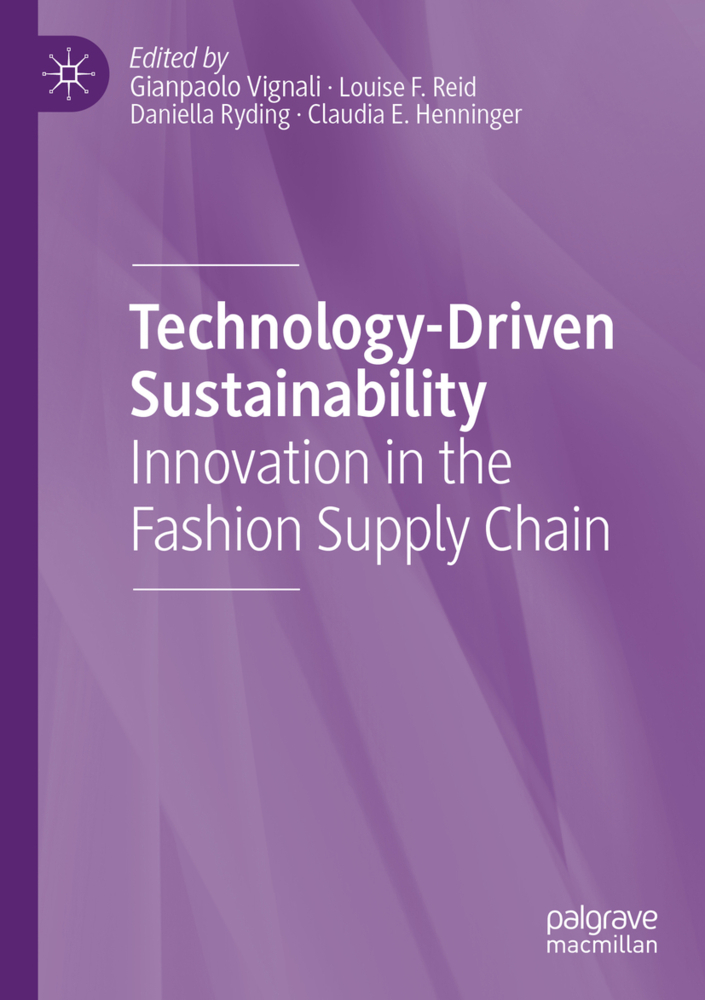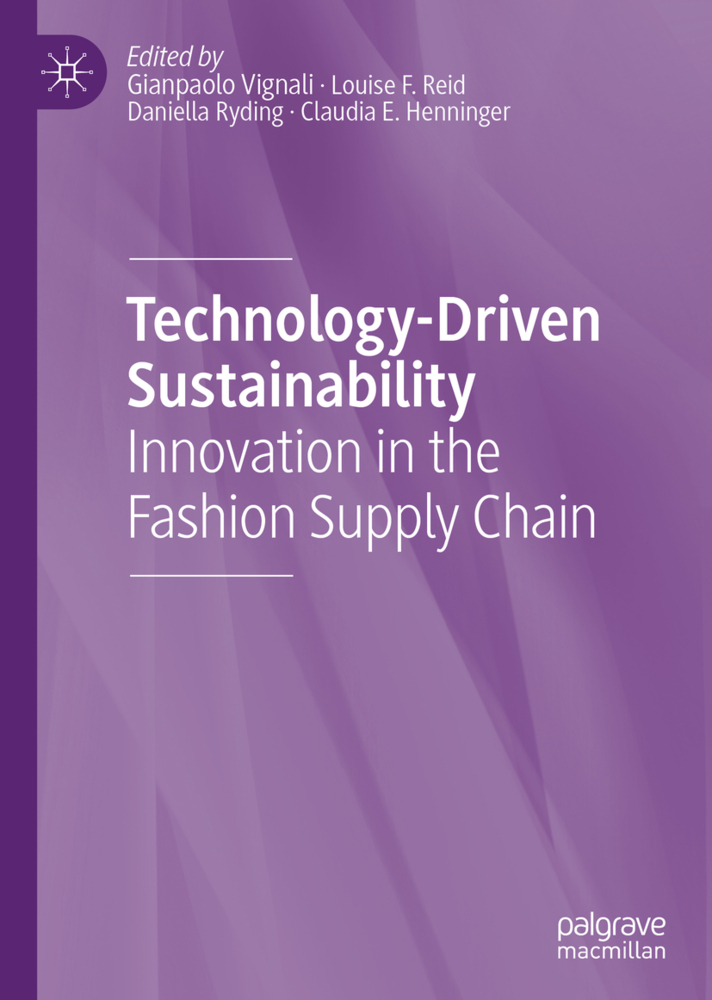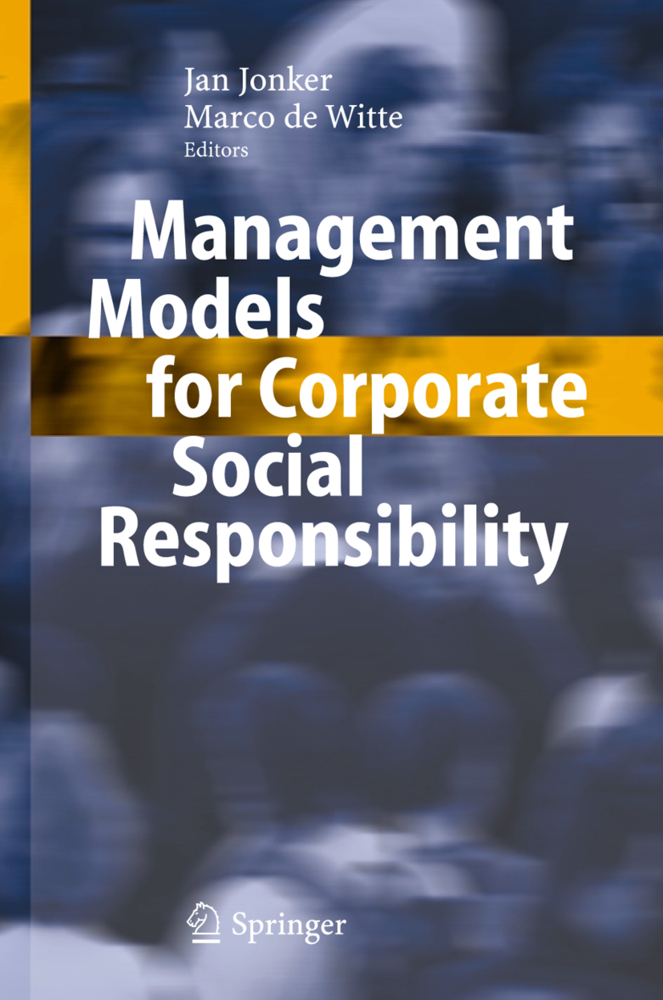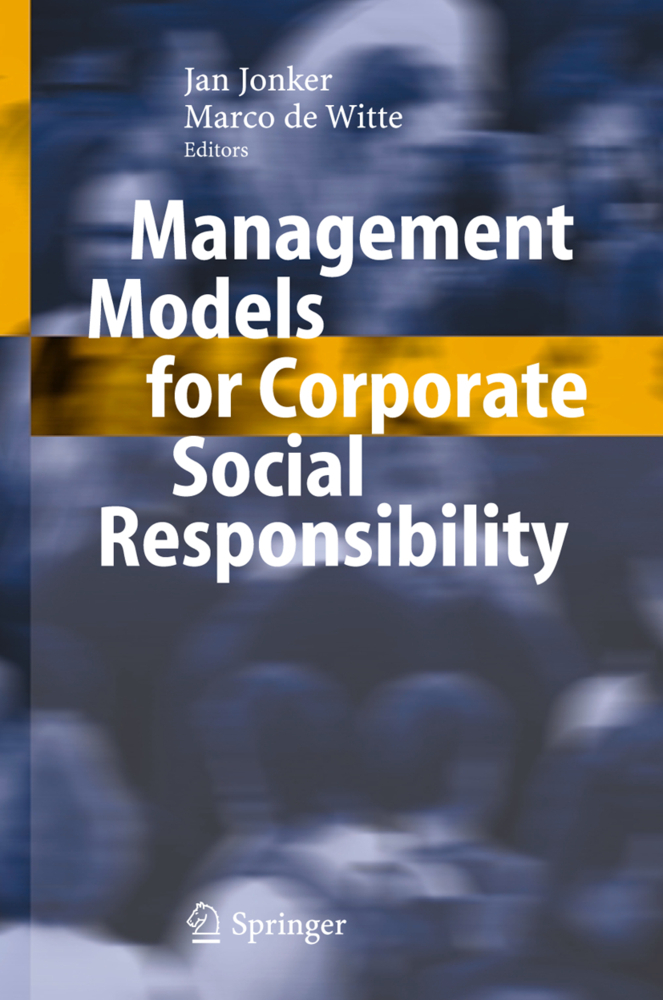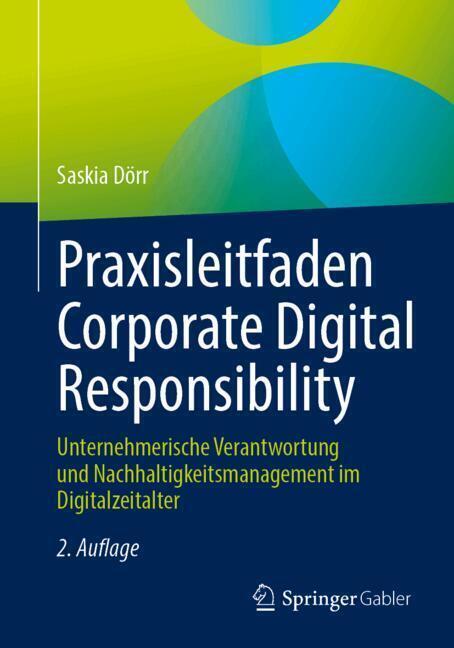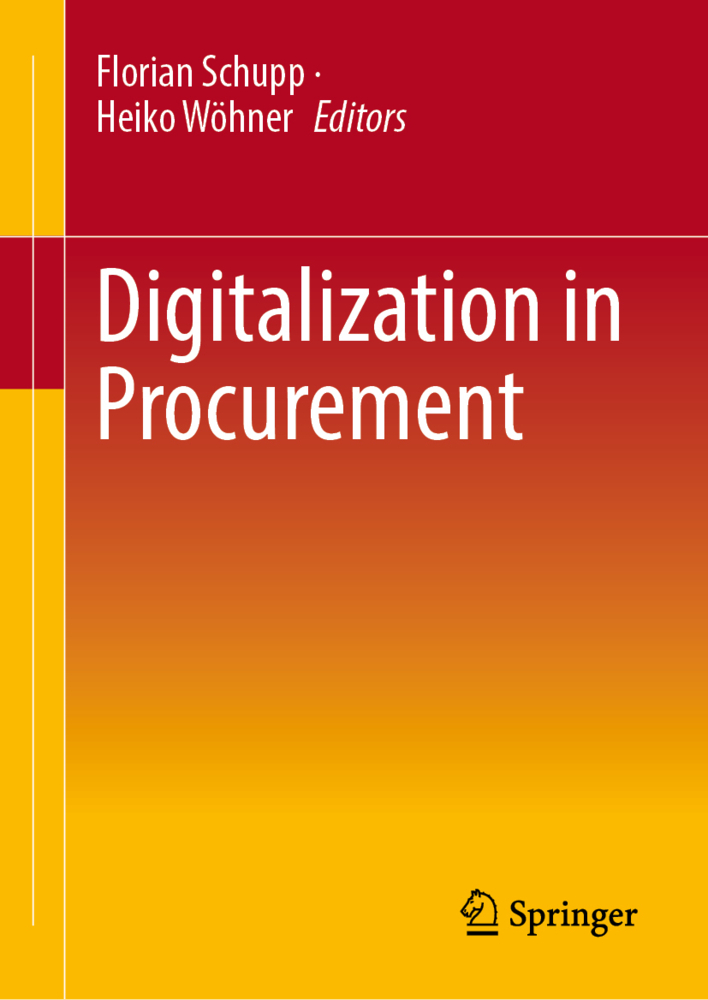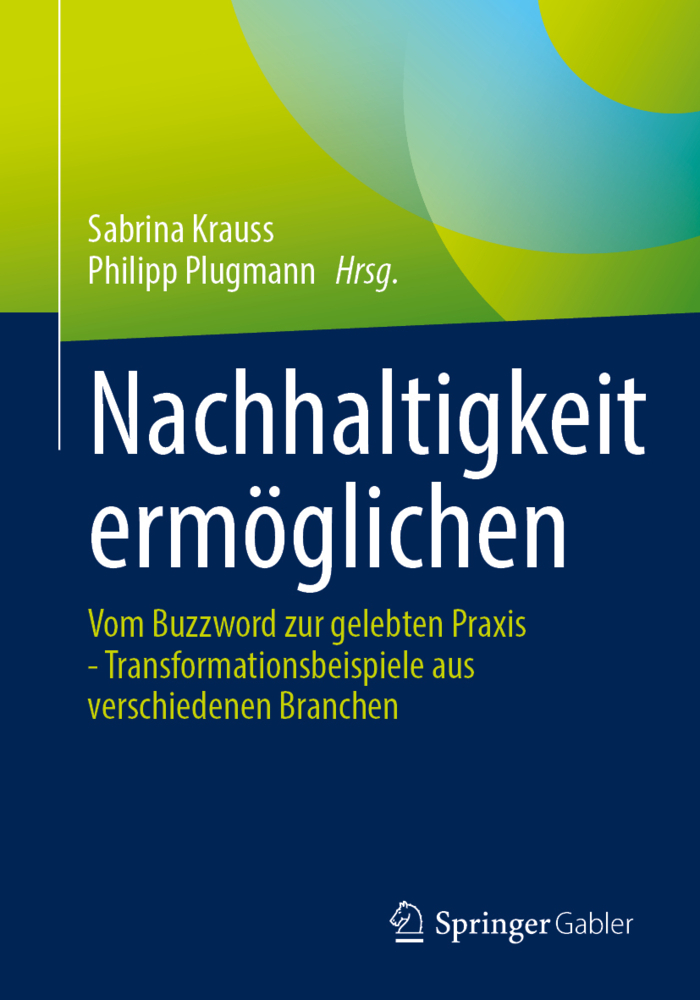Contemporary Operations and Logistics
Achieving Excellence in Turbulent Times
This edited collection collates the most up-to-date and important research within the area of operations and logistics management. Boasting the combined expertise of one of the largest logistics and operations management academic teams in Europe, it provides both depth and diversity in a balanced portfolio. The first two sections are concerned with key contemporary issues in the subject area, providing a current and up-to-date overview of the field. Section three presents a selection of important cross-cutting themes that impinge upon and inform teaching, research and practice, while the final section includes a celebration of research highlights and showcases cutting-edge applications from leaders in the field. Invaluable to students, researchers and academics alike, this book is compulsory reading for those active within operations and logistics research.
Peter Wells is Professor of Business and Sustainability and Head of Logistics and Operations Management at Cardiff Business School, UK. He has vast experience of research into the global automotive industry, around which he has developed his academic and theoretic interests in socio-technical transitions, business models, cultures of automobility and sustainability.
Peter Wells is Professor of Business and Sustainability and Head of Logistics and Operations Management at Cardiff Business School, UK. He has vast experience of research into the global automotive industry, around which he has developed his academic and theoretic interests in socio-technical transitions, business models, cultures of automobility and sustainability.
1;Acknowledgements;5 2;Contents;6 3;Notes on Contributors;9 4;Abbreviations;24 5;List of Figures;28 6;List of Tables;30 7;1 Introduction;32 7.1;1.1The Purposes of This Book;32 7.2;1.2Scope: Breadth, Depth, and Selectivity;34 7.3;1.3The Structure of the Book;37 7.3.1;1.3.1Thematic Research;37 7.3.2;1.3.2Modelling Research;38 7.3.3;1.3.3Supply Chain Management Research;38 7.3.4;1.3.4Applied Research;39 7.4;1.4The Chapters Not Written;40 7.5;1.5Conclusions;41 8;2 Project Management for Effective Operations Management;42 8.1;2.1Introduction;42 8.2;2.2Fundamental Principles of Project Management;44 8.2.1;2.2.1Project Definition and Initiation;45 8.2.2;2.2.2Project Planning;46 8.2.3;2.2.3Project Execution;47 8.2.4;2.2.4Project Closure;48 8.3;2.3Three Tools to Support Effective Project Management for Operations Management;48 8.3.1;2.3.1The Project Charter;48 8.3.2;2.3.2The RACI Matrix;50 8.3.3;2.3.3The Black-Red-Amber-Green (BRAG) Approach to Project Monitoring & Control;52 8.4;2.4Practical Application;54 8.4.1;2.4.1Background;54 8.4.2;2.4.2The Project Charter;55 8.4.3;2.4.3Defining a RACI Matrix;55 8.4.4;2.4.4Applying BRAG;56 8.5;2.5Conclusion;57 8.6;2.6Further Reading;57 8.7;References;58 9;3 The Foundations of Sustainability and the Implications for Transport Modes;59 9.1;3.1Background;59 9.2;3.2Sustainability-History of the Concept;60 9.3;3.3Sustainability, Transport and Logistics;65 9.4;3.4Climate Change;66 9.5;3.5China;67 9.6;3.6Japan and South Korea;68 9.7;3.7California and Australia;69 9.8;3.8Trucks and Buses;70 9.9;3.9Shipping;70 9.10;3.10Future Developments;71 9.11;References;72 10;4 Business Model Innovation at the Interface Between Global Production Systems and Local Demand;75 10.1;4.1Introduction;75 10.2;4.2Business Model Innovation;78 10.3;4.3Production, Consumption and Global Value Chains;80 10.4;4.4Local Consumption and the On-Demand Economy;82 10.5;4.5Conclusions: The Implications for Logistics;84 10.6;References;86 11;5 3D Printing for Supply Chain Service Companies;91 11.1;5.1Introduction;91 11.2;5.23DP Overview;93 11.3;5.3Product-Service Systems (PSS);96 11.4;5.4PSS and 3DP: An Opportunity for Productization?;98 11.4.1;5.4.1Understanding the Knowledge Requirements for PSS;98 11.4.2;5.4.2Reconceptualizing PSS for 3DP;99 11.5;5.5Case Study;102 11.5.1;5.5.1Starting Out: The Strategic Rationale to Productize;103 11.5.2;5.5.2Making the Change: Employing 3DP to Support PSS;103 11.5.3;5.5.3Teething Troubles: Practical Challenges of 3DP Implementation;104 11.5.4;5.5.4Optimizing: Expanding the Firms' Core Competence;105 11.6;5.6Discussion;106 11.7;References;107 12;6 Zero-Carbon Logistics;110 12.1;6.1Introduction;110 12.2;6.2Zero-Carbon Logistics: The Imperative of Change;113 12.3;6.3Zero-Carbon Transport: The Options;116 12.4;6.4Zero-Carbon Storage: The Options;118 12.5;6.5Logistics and the Circular Economy;119 12.6;6.6Conclusions;121 12.7;References;122 13;7 Vehicle Routing Problem: Past and Future;125 13.1;7.1Introduction;125 13.2;7.2Vehicle Routing Problems;127 13.2.1;7.2.1Formal Description of the VRP;128 13.2.2;7.2.2An Integer Programming Formulation for the VRPTW;132 13.2.3;7.2.3Other Well-Known Variants of the VRP;133 13.2.4;7.2.4Green Vehicle Routing;135 13.2.5;7.2.5Solving the VRP;136 13.3;7.3The Roles of LSPs in Vehicle Routing;136 13.3.1;7.3.1Real-Life Examples;137 13.3.1.1;7.3.1.1 Challenges with Vehicle Routing;138 13.3.2;7.3.2Case Studies;140 13.3.2.1;7.3.2.1 Distributed Manufacturing-VRP Challenge: Strong Market Competition;140 13.3.2.2;7.3.2.2 Inventory Optimization-VRP Challenge: Stochastic Demand;141 13.3.3;7.3.3Future Perspectives;141 13.3.3.1;7.3.3.1 Future Challenge One: Road to Automation;141 13.3.3.2;7.3.3.2 Future Challenge Two: A Rise in e-Commerce;142 13.4;7.4Conclusions and Future Research Directions;142 13.5;References;143 14;8 Dynamical Modelling in Operations Management;146 14.1;8.1Demand Management;147 14.2;8.2Forecasting;153 14.3;8.3Production and Inventory Control;156 14.3.1;8.3.1Constrain
Wells, Peter
| ISBN | 9783030144937 |
|---|---|
| Artikelnummer | 9783030144937 |
| Medientyp | E-Book - PDF |
| Copyrightjahr | 2019 |
| Verlag | Palgrave Macmillan |
| Umfang | 413 Seiten |
| Sprache | Englisch |
| Kopierschutz | Digitales Wasserzeichen |

